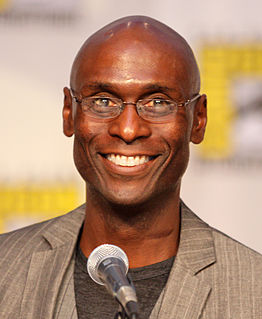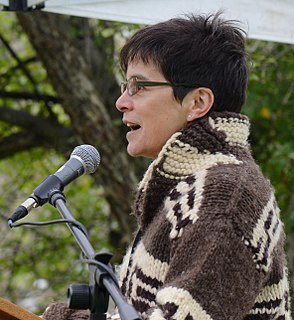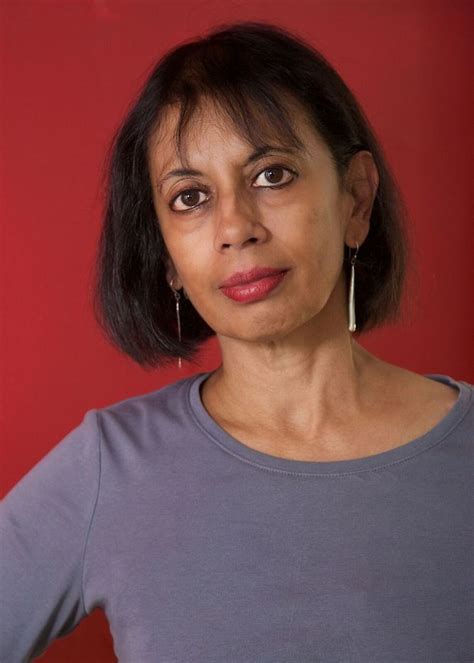A Quote by Patrice Pavis
Postmodern theatre seems unwilling to listen to talk about textual or theatrical heritage, which it treats as no more than memory in the technical sense of that word, as an immediately available and reusable memory bank.
Related Quotes
I have been especially fortunate for about 50 years in having two memory banks available-whenever I can't remember something I ask my wife, and thus I am able to draw on this auxiliary memory bank. Moreover, there is a second way In which I get ideas ... I listen carefully to what my wife says, and in this way I often get a good idea. I recommend to ... young people ... that you make a permanent acquisition of an auxiliary memory bank that you can become familiar with and draw upon throughout your lives.
I feel uncomfortable about the word hero because it seems to me that it is so rhetorically proximate to justifications for more war. Um, and, I don't want to obviously desecrate or disrespect memory of anyone that's fallen, and obviously there are individual circumstances in which there is genuine, tremendous heroism, you know, hail of gunfire, rescuing fellow soldiers and things like that. But it seems to me that we marshal this word in a way that is problematic. But maybe I'm wrong about that.
Memory is a dead thing. Memory is not truth and cannot ever be, because truth is always alive, truth is life; memory is persistence of that which is no more. It is living in ghost world, but it contains us, it is our prison. In fact it is us. Memory creates the knot, the complex called the I and the ego
If any one faculty of our nature may be called more wonderful than the rest, I do think it is memory. There seems something more speakingly incomprehensible in the powers, the failures, the inequalities of memory, than in any other of our intelligences. The memory is sometimes so retentive, so serviceable, so obedient; at others, so bewildered and so weak; and at others again, so tyrannic, so beyond control! We are, to be sure, a miracle every way; but our powers of recollecting and of forgetting do seem peculiarly past finding out.
But pain may be a gift to us. Remember, after all, that pain is one of the ways we register in memory the things that vanish, that are taken away. We fix them in our minds forever by yearning, by pain, by crying out. Pain, the pain that seems unbearable at the time, is memory's first imprinting step, the cornerstone of the temple we erect inside us in memory of the dead. Pain is part of memory, and memory is a God-given gift.
True, more than a half of the green graves in the Grafton cemetery are marked "Unknown," and sometimes it occurs that one thinks of the contradiction involved in "honoring the memory" of him of whom no memory remains to honor; but the attempt seems to do no great harm to the living, even to the logical.
I sell ideas. Actually, if you think about it, everything is really no more than idea. The past is nothing more than a memory, which is one kind of idea. The future is still a hope, another kind of idea. The present is fleeting and becomes a memory before you can put your hands on it. All ideas. I sell ideas.
Memory is strange. Scientifically, it is not a mechanical means of repeating something. I can think a thousand times about when I broke my leg at the age of ten, but it is never the same thing which comes to mind when I think about it. My memory of this event has never been, in reality, anything except the memory of my last memory of that event. This is why I use the image of a palimpsest - something written over something partially erased - that is what memory is for me. It's not a film you play back in exactly the same way. It's like theater, with characters who appear from time to time.
































